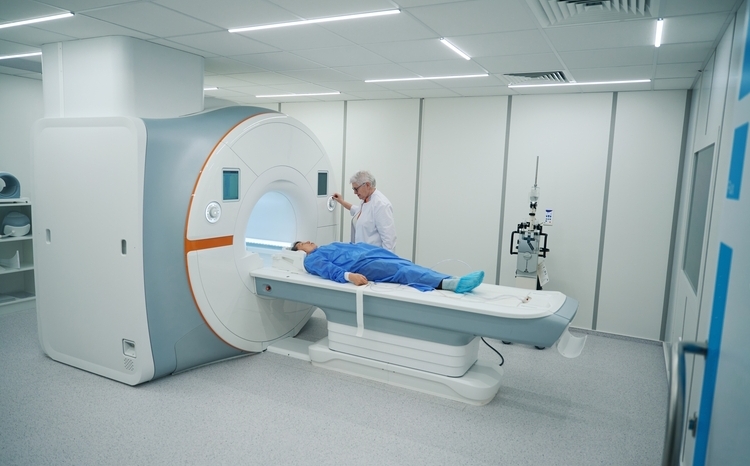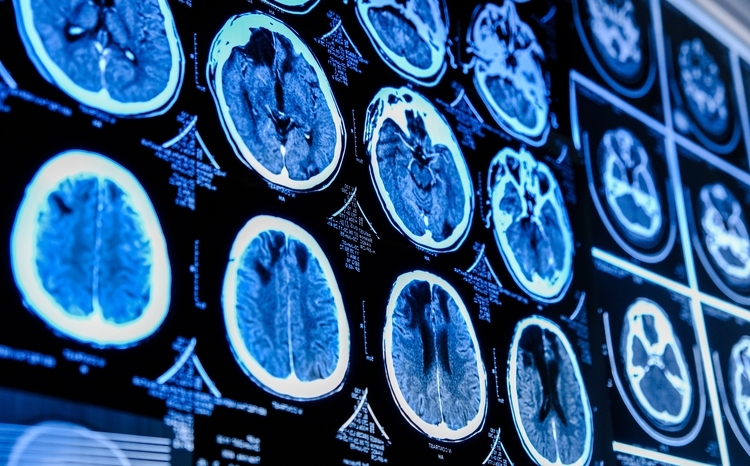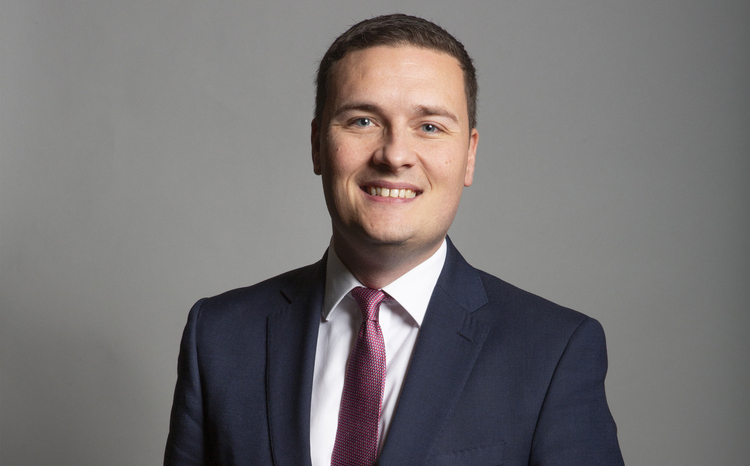UK ranks lowest internationally for number of scanners per million
- 16 July 2024

- UK has lowest number of MRI units, CT and PET scanners per million population amongst comparator countries
- Health secretary Wes Streeting has promised to to double the number of CT and MRI scanners and bring AI-enabled scanners
- The Royal College of Radiologists calls on the government to protect NHS capital budgets
The UK continues to have lowest number of MRI units, CT and PET scanners per million population amongst comparator countries, government statistics have revealed.
‘Life sciences competitive indicators 2024’, published on 11 July 2024, show that the UK had the lowest number of CT scanners (10), MRI units (8.6), and PET scanners (0.5) per million population in 2021 amongst 10 comparator countries with similar levels of economic development.
The figures were published days after health secretary Wes Streeting pledged to “make Britain a powerhouse for MedTech”, speaking at the Tony Blair Institute for Global Change’s ‘Future of Britain’ conference on 9 July 2024.
The Labour manifesto promised to introduce a ‘Fit for the Future’ fund to double the number of CT and MRI scanners and bring AI-enabled scanners.
Despite the UK’s low ranking internationally, it has seen an increase of 12%, 10% and 25% in the number per million population for CT scanners, MRI units and PET scanners, respectively, compared to 2020.
There was an overall increase from 17.2 scanners per million population in 2020 to 19.1 per million population in 2021, an increase of 11%.
The most recent data available for the number of scanners in the UK refers to 2021.
In response to the figures, Dr Katharine Halliday, president of the Royal College of Radiologists (RCR), told Digital Health News that “years of under-investment in NHS capital” have resulted in the UK having too few CT and MRI scanners to meet the diagnostic needs of its population.
“In 2020/21, capital spending was just 6% of the NHS budget.
“Without investment in this part of the service, the NHS risks falling behind international comparators in terms of both service provision and patient outcomes.
“Additionally, we are dealing with an ageing fleet of scanners, many over ten years old. These older scanners produce lower-quality images, operate more slowly, and deliver higher radiation doses compared to more modern equipment,” Halliday said.
She added: “We welcome the new Labour government’s pledge to double the number of CT and MRI scanners in the NHS and are pleased they revised their initial costings to a more realistic figure, in line with our analysis.
“However, they need to engage with clinicians to determine where these machines are best deployed and how they will be staffed”.
In its policy report ‘Recovering radiology services in England’, published in May 2024, the RCR calls on the government to protect NHS capital budgets.
The RCR also recommends that NHS trusts and imaging networks collaborate to centrally commission equipment, securing bulk discounts, and agree on processes to regularly update their equipment fleets in line with demand and agreed unit lifetimes.
A government spokesperson told Digital Health News: “We will double the number of CT and MRI scanners as part of our work to make Britain a powerhouse for life sciences and medical technology”.




